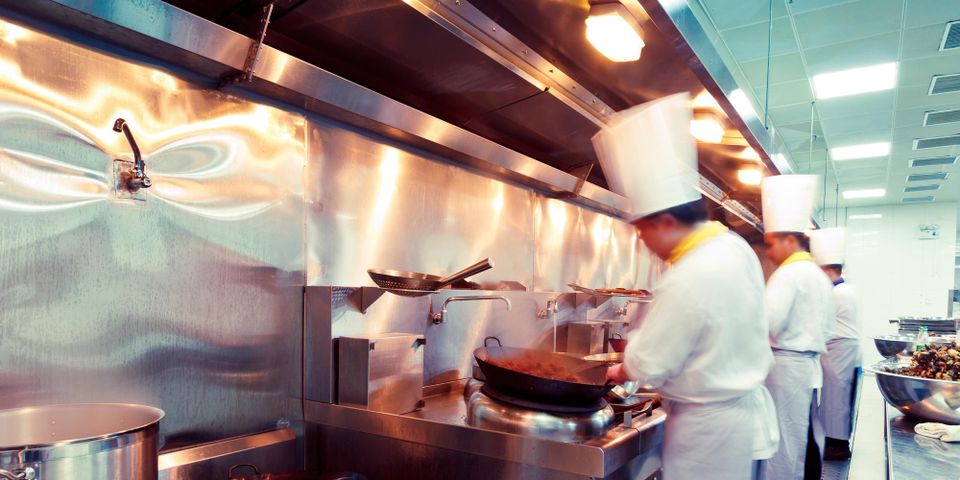
Grease can create serious problems in your plumbing system. If you run a commercial kitchen, it’s not always easy to manage your plumbing during busy hours. For these reasons, a grease trap is an excellent investment, as long as you take a proactive approach to grease trap cleaning and maintenance. Learn more about how grease traps work and how to maintain them below.
Understanding Grease Traps
How They Work
Grease traps, also called interceptors, are tanks added to commercial plumbing systems. Normally, when grease goes down a drain, it coats the piping, leading to blockages and burst pipes. With a grease trap, oils, fats, and grease flow down the drain into a primary tank. They then cool in water and float to the top. The cool water below will be flushed to a secondary tank through a valve. Any remaining grease and solids are then separated, and the treated water passes safely into your septic system.
General Maintenance
 Grease trap cleaning is essential for keeping your system functional. You’ll also want to use strainers in sink drains to minimize the amount of solids flushed. Check the grease trap regularly to see if it’s full. If it is, always pour the contents into a metal or plastic container and dispose of them in the trash. Never put them down other drains. Grease traps won’t function without a water supply, so check connecting hoses regularly to ensure there’s an ample feed.
Grease trap cleaning is essential for keeping your system functional. You’ll also want to use strainers in sink drains to minimize the amount of solids flushed. Check the grease trap regularly to see if it’s full. If it is, always pour the contents into a metal or plastic container and dispose of them in the trash. Never put them down other drains. Grease traps won’t function without a water supply, so check connecting hoses regularly to ensure there’s an ample feed.
Professional Care
Most states require restaurant owners to schedule monthly grease trap cleanings. During these, septic professionals will empty the primary and secondary tanks and scrub any grease and buildup. Grease is highly flammable, even in a grease trap, and it has the potential to become a fire risk. Grease trap cleaning minimizes safety risks, and it will ensure reliable, sanitary performance.
If you’re looking for grease trap cleaning services, Sanitrol Septic Services in North Branford, CT, provides the comprehensive care you need. These septic professionals also provide inspections, septic cleaning, and septic tank pumping services. They’re available 24/7 and will work closely with you to prevent future issues. Call (203) 315-3202 to schedule a grease trap cleaning, and visit their website to learn more about their services. Connect on Facebook for news and updates.
About the Business
(5 reviews)
Have a question? Ask the experts!
Send your question
